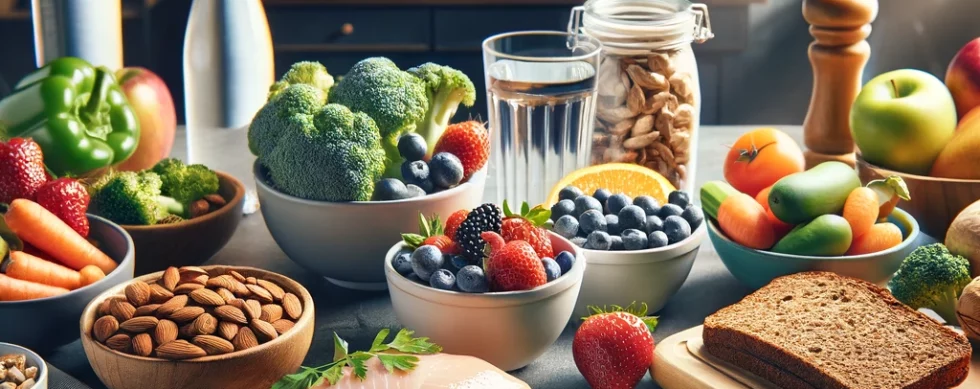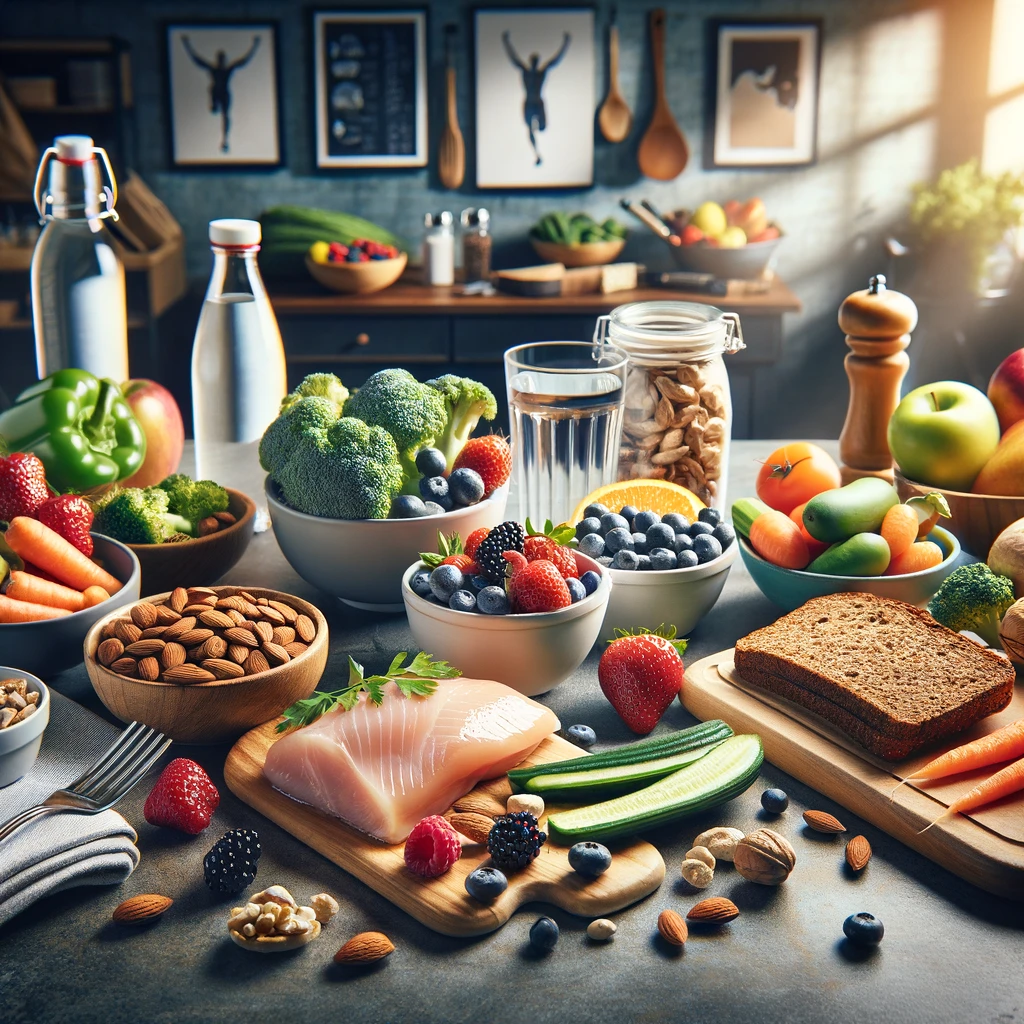
Cardio-Focused Nutrition: Fueling Your Cardiovascular Workouts
When it comes to maximizing the effectiveness of your cardiovascular workouts, nutrition plays a pivotal role. A well-crafted meal plan not only fuels your energy reserves but also enhances recovery, ensuring you get the most out of each session. This article will guide you through the essentials of cardio-focused nutrition, helping you understand what to eat to support your heart-pumping workouts.
The Foundation of Cardio Nutrition
Successful cardio nutrition rests on three pillars: complex carbohydrates, lean proteins, and healthy fats. Each plays a unique role in supporting your cardiovascular activities.
Complex Carbohydrates
Complex carbohydrates serve as your body’s primary energy source during high-intensity workouts. Foods like whole grains, oats, and vegetables release energy slowly, keeping your fuel tank full throughout your exercise routine.
Lean Proteins
Protein aids in repairing and building muscle tissue damaged during workouts. Incorporating lean sources, such as chicken, fish, and legumes, into your diet helps speed up recovery, preparing your muscles for the next challenge.
Healthy Fats
Fats are not the enemy. In fact, they’re essential for long-lasting energy. Avocados, nuts, and seeds provide healthy fats that help absorb vitamins and sustain energy levels during extended cardio sessions.
Timing Your Meals
What you eat is crucial, but so is when you eat it. To maximize workout performance and recovery, consider the following guidelines:
- Pre-Workout: Eat a balanced meal 2-3 hours before exercising to fuel your session. If you’re short on time, a small, carb-rich snack 30 minutes prior can also boost your energy levels.
- Post-Workout: Refuel with a mix of carbs and protein within 45 minutes after your workout to replenish energy stores and aid muscle recovery.
Hydration Matters
Never underestimate the power of hydration. Water supports every metabolic function and nutrient transfer in the body, making it crucial for optimal performance. Aim to drink at least 16-24 ounces of water before your workout and continue sipping throughout.
Practical Tips to Implement Today
- Start your day with a bowl of oatmeal topped with berries for a slow-releasing energy boost.
- Snack on a banana or a whole-grain toast with almond butter before heading out for a run.
- Refuel with a lean chicken breast and quinoa salad after your workout to support muscle recovery.
Incorporating these nutrition strategies into your routine can significantly impact your cardiovascular workouts’ effectiveness and your overall health. By fueling your body with the right nutrients at the right times, you’ll be well on your way to achieving your fitness goals. Remember, a strong heart and a well-nourished body are the cornerstones of any successful fitness journey.

